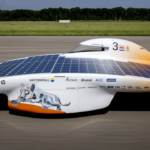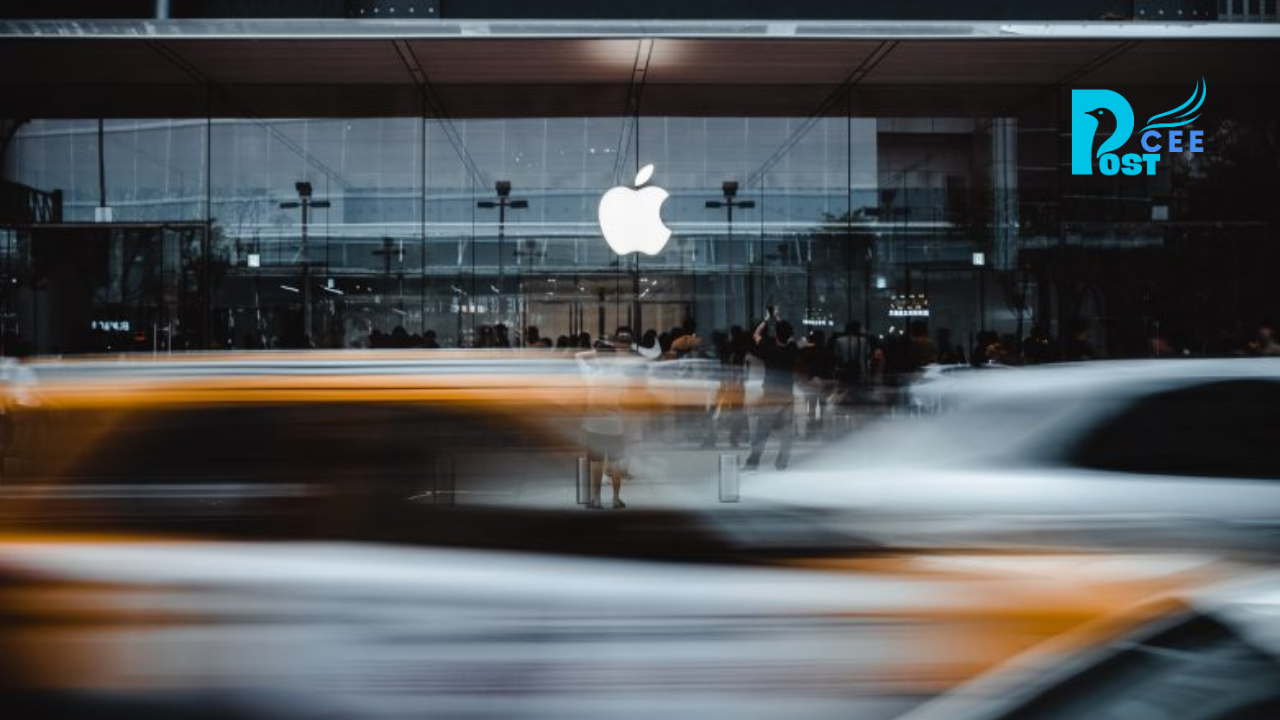Apple ambitious endeavor to develop a self-driving car, internally known as “Project Titan“, has come to a disappointing end after years of false starts and wrong turns. The failure of the project sheds light on the challenges and complexities involved in entering the highly competitive automotive industry.
Struggles and Setbacks
According to insiders, the Apple car project struggled from its inception. With four different leaders at the helm and multiple rounds of layoffs, the project faced internal disagreements over its direction. Initially conceived as an electric vehicle to rival Tesla, it later shifted focus to a self-driving car to compete with Google’s Waymo. However, the development of the necessary software and algorithms for autonomous driving proved to be a major obstacle.
The project faced financial setbacks as well. Over the course of a decade, Apple reportedly burned through more than $10 billion before ultimately deciding to pull the plug. This demonstrates the company’s difficulties in developing new products since the passing of its visionary leader, Steve Jobs, in 2011.
Competing in a Challenging Market
Entering the automobile industry is no easy feat, even for a tech giant like Apple. The market is highly established, with dominant players such as Tesla, who had already established a strong foothold. Additionally, the capital-intensive nature of manufacturing cars, combined with slim profit margins, presented a daunting challenge for Apple.
| Inside the World of Tech |
| Microsoft: In an age where companies routinely proclaim their commitments to civil rights and the environment, the tech giant wants to be seen as an ethical employer. Is there a catch Instagram: As the November election approaches, more Americans are turning to Instagram for news, even as the platform tries de-emphasizing “political content.” Here’s what drove this development. TikTok: E.U. regulators opened an investigation into the social media platform over potential breaches of online content rules aimed at protecting children, saying its “addictive design” risked exposing young people to harmful content. Figma: Last year, regulatory scrutiny felled the sale of the design platform to Adobe. Now Figma is grappling with employee expectations and a changing market. |
Furthermore, the Apple car would have faced significant hurdles in terms of pricing. It was projected that an Apple vehicle would have cost at least $100,000, making it a luxury offering, while still generating thin profits compared to Apple’s other successful products like smartphones and earbuds.
Apple also faced tough decisions regarding its strategy for entering the automotive sector. Discussions were reportedly held with Tesla’s Elon Musk about potentially acquiring the company, but Apple ultimately chose to pursue its own car manufacturing venture rather than integrating another business.
The Pivot to Generative AI
In a recent internal meeting, Apple’s leadership revealed that the company would refocus its efforts on generative artificial intelligence, a technology that has the potential to greatly impact the iPhone business and beyond. The decision to disband the car project was supported by some employees who saw the potential value in redirecting Apple’s resources towards AI technology.
Apple plans to leverage the learnings and advancements made during the car project in other areas, including AI-powered AirPods, robot assistants, and augmented reality. These new directions are seen as more viable and aligned with Apple’s core strengths and business objectives.
Diverse Perspectives
Views on the demise of the Apple car project vary. Some industry experts cite the complexity and challenges of the automotive industry as a significant factor in its failure. Others criticize the lack of a clear vision and direction for the project, with internal disagreements hindering progress. However, there are those who praise Apple’s decision to pivot towards generative AI, recognizing the potential it holds for the company’s future ventures.
Apple’s doomed car project serves as a cautionary tale for tech giants venturing into the automotive industry. The complexities and challenges faced by Apple highlight the unique nature of the automotive market and the difficulties in disrupting an industry dominated by established players.
While the Apple car project may have reached an unfortunate end, the knowledge and technologies developed during the endeavor will find new applications within Apple’s AI-focused initiatives. The lessons learned from this expensive and ultimately unsuccessful venture will undoubtedly shape Apple’s future endeavors across various innovative sectors.















